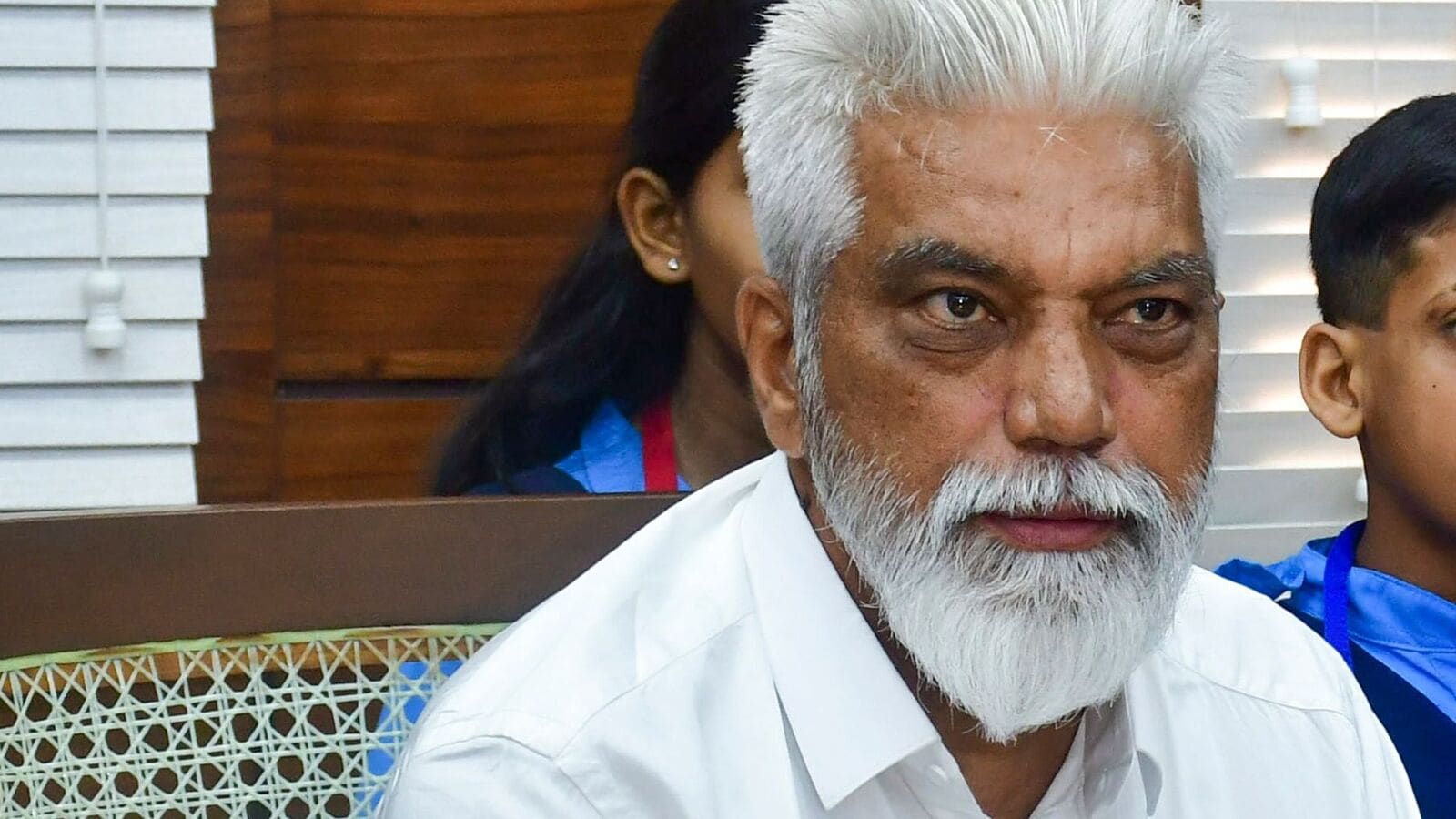NEP 2020 महाराष्ट्र 2025-26 शैक्षणिक सत्र से CBSE पाठ्यक्रम अपनाने जा रहा है कक्षाओं और पुस्तकों की जानकारी यहाँ
The Maharashtra government has made the decision to implement the Central Board of Secondary Education curriculum starting from the academic year 2025-26. Dada Bhuse, the State School Education Minister, has announced that this CBSE curriculum will be introduced in all state schools for students from Class 1 to Class 12. The change will take place []
Published: Wednesday, 26 March 2025 at 10:02 pm | Modified: Wednesday, 26 March 2025 at 10:02 pm | By: Kapil Sharma | 📂 Category: शिक्षा

The Maharashtra government has made the decision to implement the Central Board of Secondary Education curriculum starting from the academic year 2025-26. Dada Bhuse, the State School Education Minister, has announced that this CBSE curriculum will be introduced in all state schools for students from Class 1 to Class 12.
The change will take place in accordance with the National Education Policy 2020. Bhuse mentioned that the implementation of the CBSE structure will occur in two phases within the state.
Currently, the Maharashtra State Board of Secondary and Higher Secondary Education oversees the examinations for Class X, known as SSC or Secondary School Certificate, and Class XII, referred to as HSC or Higher Secondary Certificate.
In the initial phase, the CBSE pattern will be introduced for Standard 1. The following year will focus on training teachers and education officers for the CBSE curriculum, as added by Bhuse.
He further indicated that next year, the remaining Standards will adopt the CBSE pattern in two additional phases. The state education minister assured that while integrating the CBSE framework, the curriculum will still include Maharashtra’s history, geography, and the Marathi language.
However, NCP (SP) working president and Baramati Lok Sabha MP Supriya Sule expressed her concerns regarding the shift to the CBSE curriculum. She conveyed her disappointment in a letter to Bhuse, stating that it is disheartening for the state to choose CBSE over SSC.
Sule also argued that this move could negatively affect the Marathi language and cultural identity. She emphasized the need for parents to have the choice between different educational boards, including the state’s SSC, and raised questions about whether the CBSE pattern would adequately represent the state’s history and language.
During a statement in both houses of the state legislature on Monday, Bhuse clarified that the new curriculum would take effect for Standard 1 in 2025, eventually encompassing all classes up to 12th by 2028.
He outlined the timeline, stating that in 2026, Standards 2, 3, 4, and 6 will be included, while 2027 will see the implementation for Standards 5, 7, 9, and 11. Finally, in 2028, Standards 8, 10, and 12 will be integrated.
Regarding the new textbooks, Bhuse mentioned that work is underway to produce Class 1 textbooks according to the new curriculum, with Balbharti assigned the responsibility of making necessary adjustments to the state education board’s curriculum.
He emphasized that the new curriculum will prioritize continuous and comprehensive evaluation rather than solely relying on final examinations. This approach aims to help students develop soft skills and ensure the delivery of quality education. The CBSE curriculum is expected to better equip students for competitive examinations.
Additionally, the minister noted that BalBharati’s new textbooks will incorporate technology, providing students with practical knowledge.
Related Articles
- SBI क्लर्क मेन्स प्रवेश पत्र 2025 जारी हुआ: निर्देश जांचें डाउनलोड करने का सीधा लिंक
- कर्नाटक दूसरी पीयूसी परिणाम 2025 जल्द ही आने की उम्मीद – स्कोरकार्ड डाउनलोड करने के चरणों की जांच करें मेरिट सूची अन्य विवरण
- CBSE ने कक्षा 10 और 12 के लिए नया पाठ्यक्रम जारी किया: क्या बदलाव हुए हैं पासिंग मानदंड वैकल्पिक विषय सभी जानकारी जो आपको जाननी चाहिए
- क्यों कुछ माता-पिता ऐसे स्कूलों को पसंद करते हैं जहाँ 100 से कम छात्र हैं
- NEP 2020 महाराष्ट्र 2025-26 शैक्षणिक सत्र से CBSE पाठ्यक्रम अपनाने जा रहा है कक्षाओं और पुस्तकों की जानकारी यहाँ